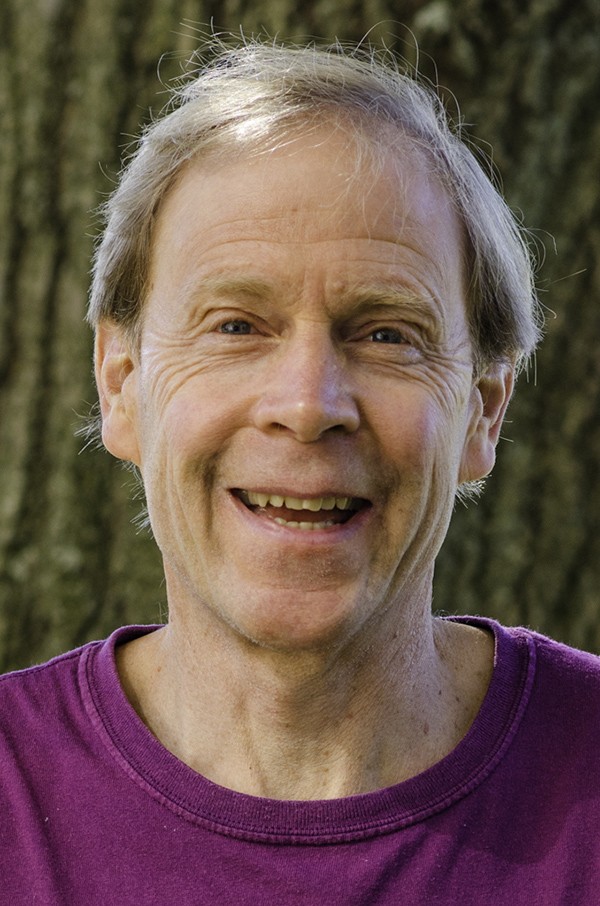Gene Madsen, expert in environmental microbiology, dies at 64
By Matt Hayes
Eugene L. Madsen, M.S. ’81, Ph.D. ’85, professor of microbiology, died Aug. 9 in Freeville, New York. He was 64.
Madsen was a leading researcher of microbial processes in natural environments whose research and teaching career at Cornell spanned nearly four decades. His work advanced the understanding of the role microorganisms play in the cycling of carbon, nutrients and pollutant compounds in all natural habitats, such as soil, sediments and ground water.
“Gene was an unusually talented and creative environmental microbiologist who pioneered many new methodological approaches in the ‘real world’ of natural environments,” said William Ghiorse, professor emeritus in the Department of Microbiology. “This endeavor earned him great respect from his peers, and it showed his true genius for innovative science.”
Madsen, according to Ghiorse, was well-known in his field for long-term studies of the bioremediation processes in polluted natural sites. Those studies in upstate New York and elsewhere in the U.S. provided real-world sites in which to apply powerful molecular and field-oriented methods to microbial ecology and bioremediation processes. Madsen’s research provided key insights into how microbially mediated processes affect environmental quality in polluted sites.
Madsen came to Cornell in 1979 as a graduate student in the field of agronomy (now the Section of Soil and Crop Sciences in the School of Integrative Plant Science). He studied under soil microbiology professor Martin Alexander and after finishing his Ph.D. took a postdoctoral position at Pennsylvania State University. He later served for a year as senior microbiologist for a private company in Montana before returning to Cornell in 1989 as a research scientist. He was appointed a research assistant professor in 1992 and became an assistant professor in the newly formed Department of Microbiology in 1999. He became associate professor in 2002 and full professor in 2009.
John Helmann, professor and chair of the Department of Microbiology, said: “This is truly a great loss to our department and to the Cornell community as a whole. He will be profoundly missed by everyone whose lives he touched.”
Madsen published more than 150 primary research papers and review articles in a variety of cross-disciplinary scientific journals, and was frequently invited to lecture around the world. His widely used textbook, “Environmental Microbiology: From Genomes to Biogeochemistry,” is based on a course he taught for years at Cornell.
Along with his credentials as a research scientist, Madsen was a dedicated instructor who taught courses in environmental science and sustainability, environmental microbiology, science communication, and others to undergraduate and graduate students. Ghiorse described Madsen as a kind, generous and caring teacher and adviser.
He was a member of the graduate fields of microbiology and environmental toxicology at Cornell, and the American Society for Microbiology, the American Chemical Society, the Society for Environmental Toxicology and Chemistry, and the American Association for the Advancement of Science.
He is survived by his widow, Jane ’78, and two daughters, Cecelia ’12 and Sidney ’13. A memorial service open to friends, family and colleagues will be held Oct. 15 at 2 p.m. in Stocking Hall. Donations to the Eugene Madsen Fund for WGYM (Women's Gymnastics Team) can be made to Big Red Athletics, Cornell University, Teagle Hall, ATTN: John Webster, Ithaca, NY 14853.
Matt Hayes is managing editor and social media officer at the College of Agriculture and Life Sciences.
Media Contact
Get Cornell news delivered right to your inbox.
Subscribe